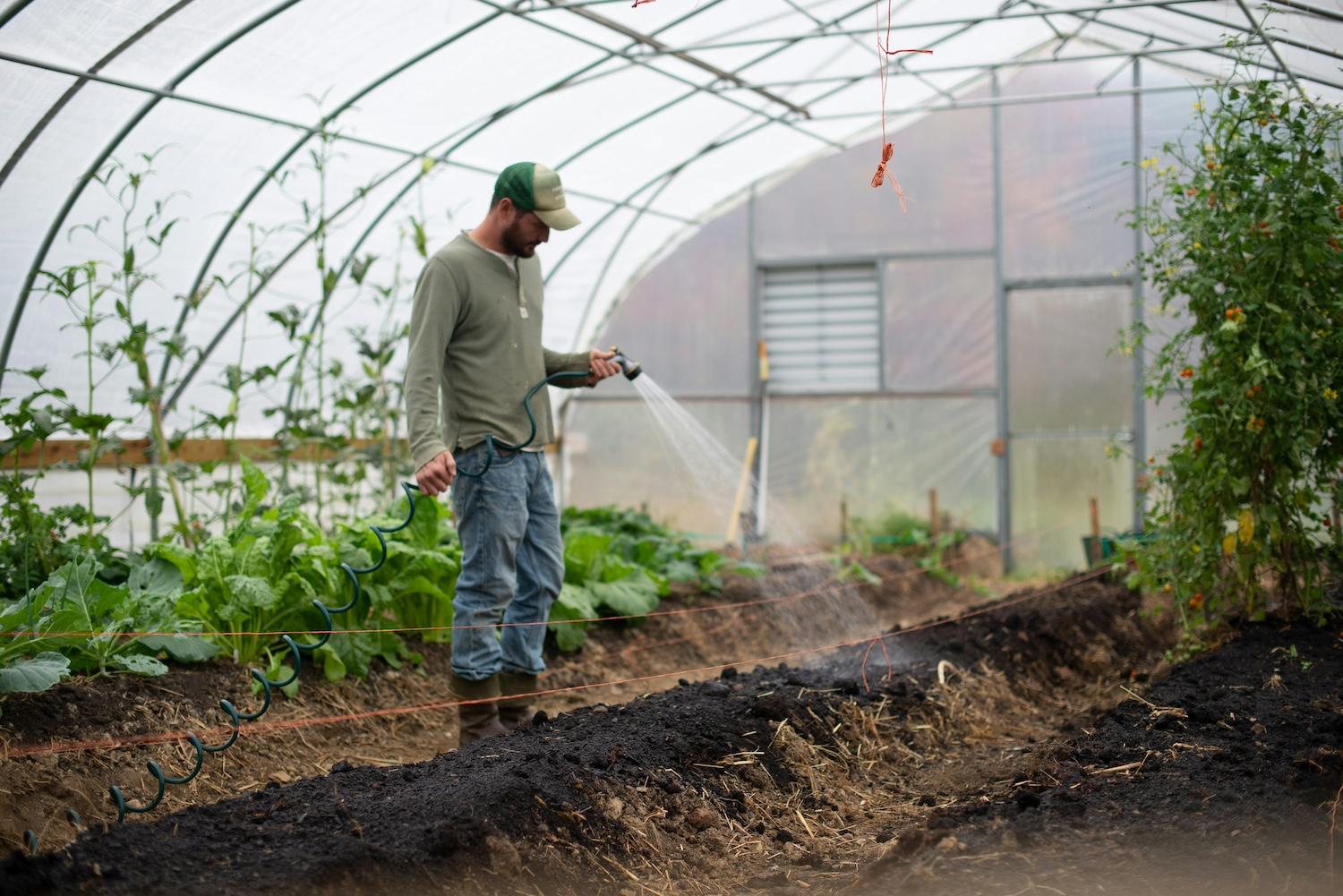A new kind of solar film makes it possible for farmers to generate energy with their greenhouses while still allowing enough light to reach their plants for photosynthesis.
The film, developed by the manufacturer 3M and the Swiss technology company Voltiris, can help greenhouse farmers reduce energy costs and carbon emissions while boosting crop yields, which could advance the development of more sustainable food systems.
“It’s a way to produce energy in a space where it was not possible before,” Nicholas Weber, co-founder and CEO of Voltiris, told TriplePundit.
Generating solar energy this way is possible now thanks to a spectral filtering process. Light travels at different wavelengths, and the film uses spectral filtering to allow certain wavelengths of light to pass through to the plants while absorbing other wavelengths to use to produce energy.
Initially, the companies received a lot of questions about the economic impact of spectral filtering, Weber said.
“That’s something that we had to clarify, and we had to work with growers and with research centers to validate the fact that we didn’t have any negative impact on crop yield,” Weber said. “But the other part of the equation that’s also what makes us special — and why the partnership with 3M is valuable — is that we managed to crack the equation of also producing energy efficiently.”

